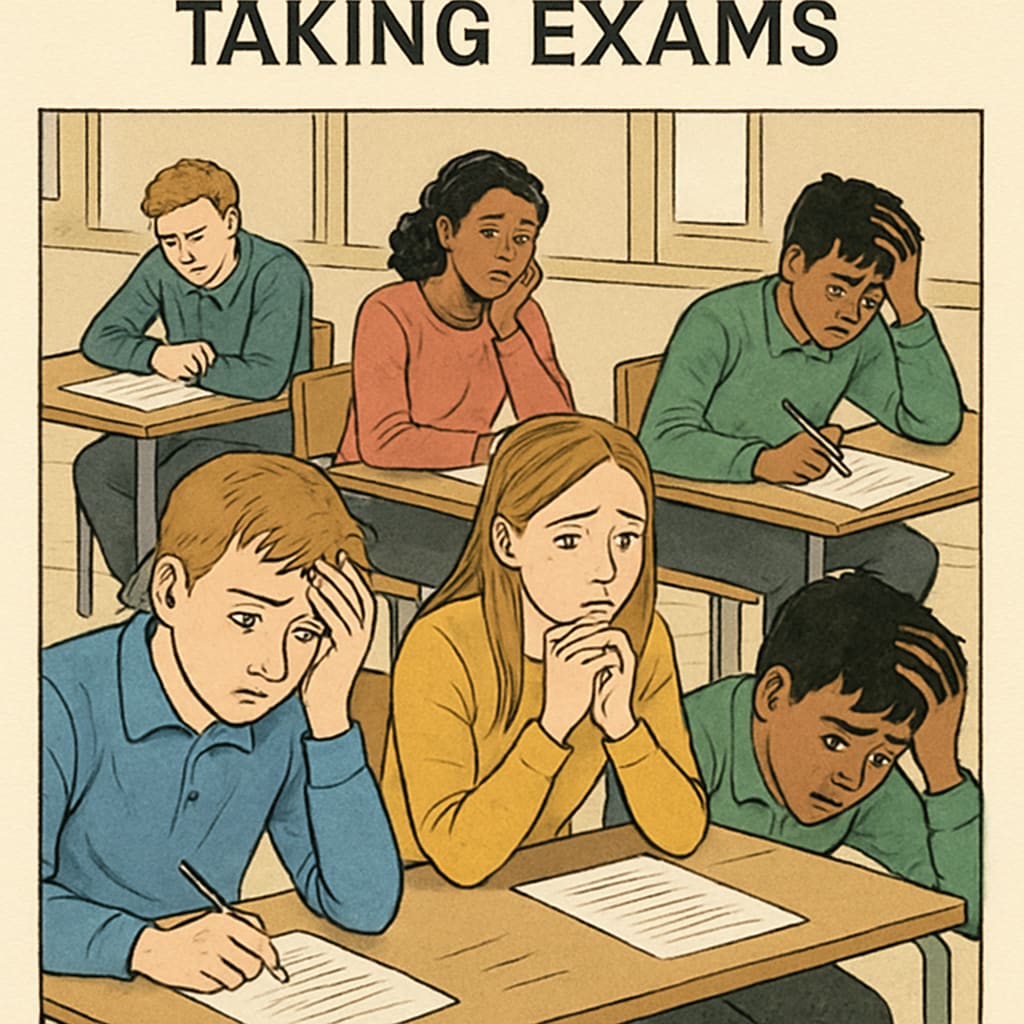The pressure to achieve top GCSE results has become a defining moment for many students, often leading to significant academic anxiety and concerns over their future career path. While exams are an important milestone in education, the overemphasis on grades as the sole indicator of success can have detrimental effects on young people’s mental health and self-worth. It is time to reconsider how we define success in education and prepare students for life beyond the classroom.
Understanding the Roots of Academic Anxiety
Academic anxiety, particularly surrounding high-stakes exams like the GCSEs, is an increasingly common issue among adolescents. This anxiety stems from the perception that exam results will irrevocably determine their future opportunities, including access to higher education and career prospects. In extreme cases, this pressure can lead to burnout, depression, and other mental health challenges.
Research shows that students who experience high levels of anxiety are less likely to perform at their best, creating a vicious cycle of stress and underachievement. According to Britannica, education systems that prioritize test scores often fail to account for the diverse talents and strengths of individuals, further exacerbating this issue.

Broadening the Definition of Success
While academic achievements are important, they should not be the only measure of a student’s potential. Success in education should encompass a variety of skills and attributes, including creativity, emotional intelligence, and problem-solving abilities. A more holistic approach to assessment can help students recognize their unique strengths and reduce the undue pressure associated with exams.
For example, some schools are adopting portfolio-based assessments and project-based learning to evaluate students’ abilities in real-world contexts. These methods not only foster a deeper understanding of the material but also help students develop skills that are directly applicable to their future careers.
Supporting Students in Career Path Planning
One of the key ways to alleviate academic anxiety is to provide students with better career guidance and planning resources. Helping students understand that there are multiple pathways to success can reduce the fear of failure associated with exams. For instance, vocational training programs, apprenticeships, and gap years are all viable alternatives to traditional academic routes.
Parents and educators play a critical role in this process. By encouraging open conversations about career aspirations and emphasizing the value of lifelong learning, adults can help students approach their futures with confidence and flexibility. According to Wikipedia, effective career counseling empowers students to make informed decisions based on their interests, values, and skills.

The Importance of Mental Health in Education
Ultimately, the well-being of students should be a top priority in any education system. Schools can implement mental health programs, mindfulness training, and stress management workshops to provide students with the tools they need to cope with academic pressures. Additionally, fostering a culture that values effort and resilience over perfection can help students develop a healthier relationship with learning.
By redefining success beyond GCSE results, we can create an environment where students feel supported and empowered to explore their full potential. This shift not only benefits individual learners but also contributes to a more adaptable and innovative workforce in the long term.
Readability guidance: This article uses concise paragraphs and clear headings to ensure ease of reading. Lists have been included where appropriate to summarize key points, and excessive use of passive voice has been avoided.


